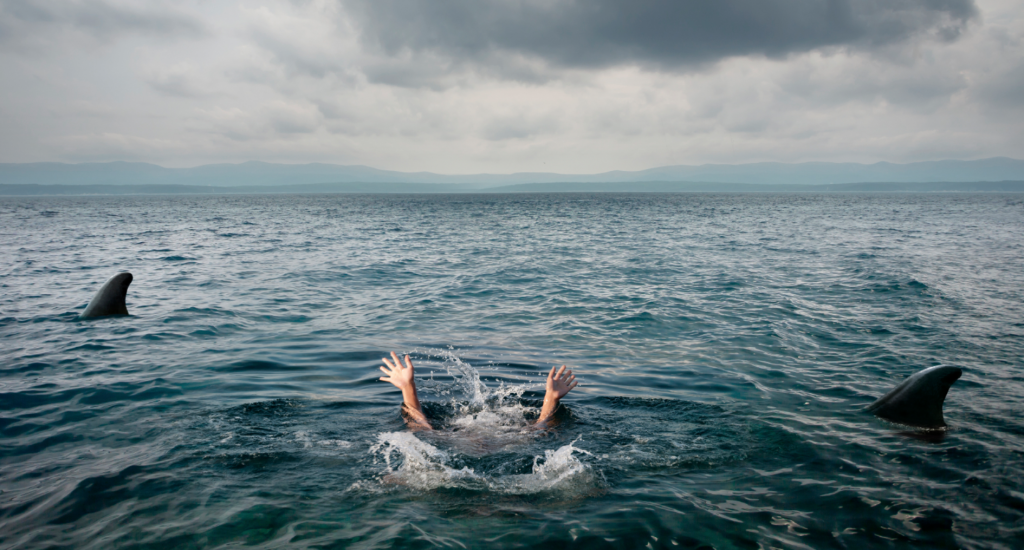There’s a lot more to surviving on the water than just being able to float and breathe until help arrives. Knowing what to do at the right time can help to conserve energy, warmth, fend off dehydration and increase endurance. Here are some easy-to-remember tips that can increase your chances of survival, even when your instincts tell you otherwise.
Fetal Position
If you’re fortunate to be wearing some kind of flotation device when you enter the water, try to curl yourself into a semi-fetal position. You can also bring in your hands or arms and hold them close to your torso for additional warmth as well. While this position won’t help you to swim, it can help you to conserve heat and fend off the effects exposure to cold water for longer periods of time.
Huddle Together
If other people are in the water with you, gather together and form a huddle. This will also help everyone to conserve heat as well as to reduce fatigue. Being in a huddle can also increase your chances of being rescued as it will be easier to spot from a distance or in rough seas.
Swimming Style
It’s important that you swim in ways that will help you to conserve energy and minimize the amount of water that you accidentally swallow. As a general rule of thumb, swim on your back if the seas are calm. Try to take deep breaths to fill your lungs with air, and don’t exhale all the way with every breath. Stop and inhale again as you feel your body start to sink. This may take some practice and finesse as you find that sweet spot where you don’t feel like you’re running out of breath, but it can make it easier to stay afloat.
If you’re in rough seas, flip over and swim on your belly and do the breast stroke. Take a breath when your upper body rises from the water, exhale on the way down, and swim as slowly as possible to conserve energy. If you find breaks between the waves, roll over on your back so you can take a brief rest whenever possible.
Find Debris
If you ended up in the water as the result of a water landing or boating accident, chances are that there will be plenty of debris floating around nearby. Even if you can find a piece that is large or buoyant enough to serve as a raft, you should still be able to hold on to one of the sides or use it to rest your head and shoulders. You can also benefit from small pieces of debris that you can clutch against your chest with your arms to help keep you afloat as well.
Stay Dressed
While there are some situations where heavy clothing can drag us down, it’s important to try and keep some clothes on whenever possible. You’ll be glad that you did once hot, relentless and intense sunlight covers your body and the water around you. The more skin you can protect from getting burned will help you to stay cooler, conserve water in the body and reduce blistering that can turn into painful sores.
Try to remember these tips the next time you head out on the water. While they may seem pretty-simplistic, they can be just what you need in order to stay alive long enough to get rescued.
